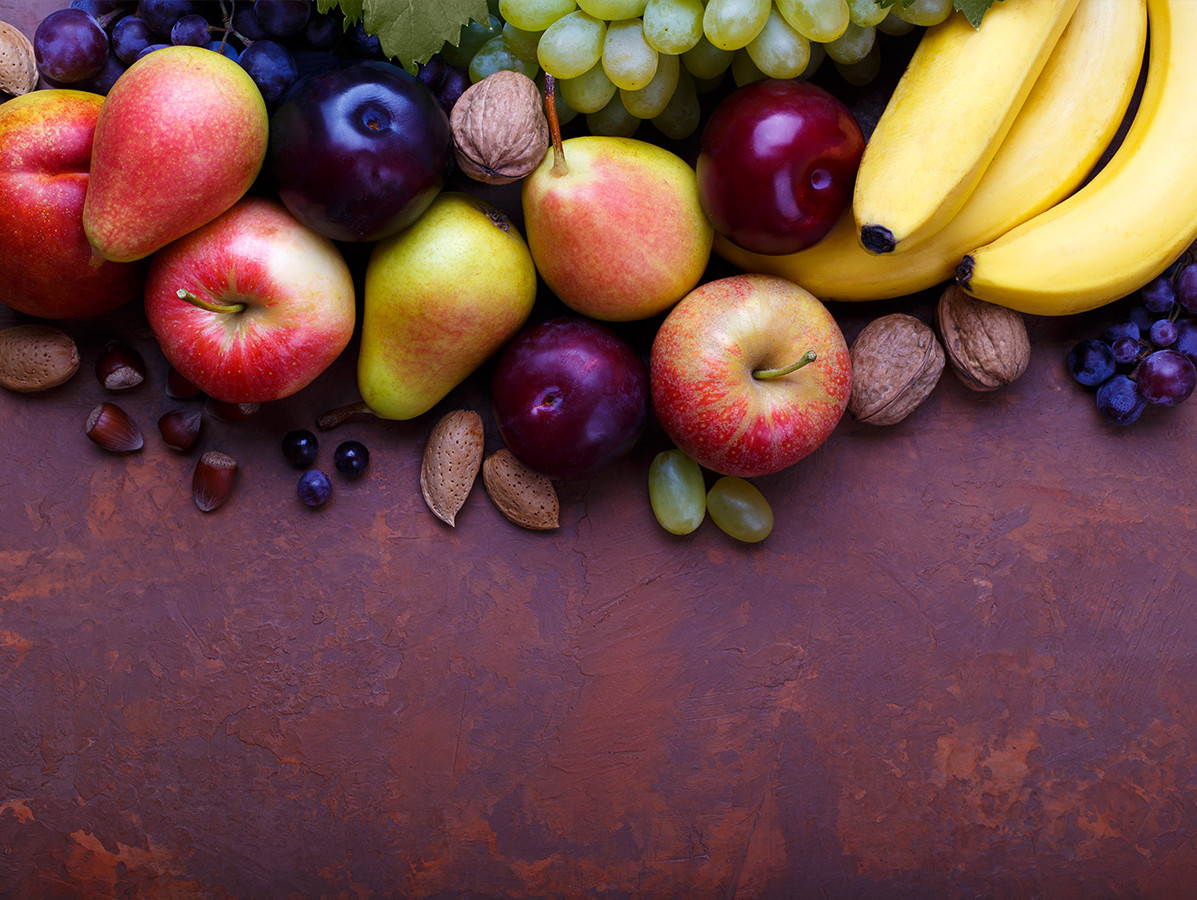
Between 2018-2020, organic farmers and gardeners were able to recoup the additional costs of organic production through higher market prices in most cases, except for milk. However, consumers' willingness to pay for organic products is a major barrier to further growth. This is according to WUR's Agro-Nutri Monitor 2022
The net margins of conventional and organic products often fluctuate widely, especially for weather-dependent products such as onions, potatoes and pears. Organic farmers could even make a better margin than conventional produce on some products.
The production of agricultural and horticultural products with a sustainability hallmark, such as SMK's 'On the way to PlanetProof', Albert Heijn's 'Beter voor Natuur & Boer', or the Animal Protection Society's 'Beter Leven' (at least one star), is increasing. Farmers and growers who become more sustainable through participation in non-organic sustainability labels sometimes receive a pre-agreed fee from the buyer for this. Dairy and pig farmers who participate in the Beter Leven (Better Life) quality mark or Albert Heijn Beter voor Natuur & Boer, for instance, receive compensation for the additional costs incurred. In horticultural products sold under On the way to PlanetProof, such compensation for additional costs is much less common. Especially in the vegetable sectors, different labels are often requested by buyers in different countries and markets. This creates additional costs for producers. Harmonising and benchmarking the requirements of the different labels is a solution to this. Parties are already working on this.
In the Netherlands, Germany and France, the researchers distinguished five consumer segments, from a group with a very strong preference for conventional products to a group with a very strong preference for organic products. The groups with a preference for organic are slightly smaller in the Netherlands than in Germany and France. The route to further sustainability through organic farming will require convincing more consumers in the Netherlands of the added value of organic food.
View the Agro-Nutri Monitor 2022
Source: Wageningen University & Research